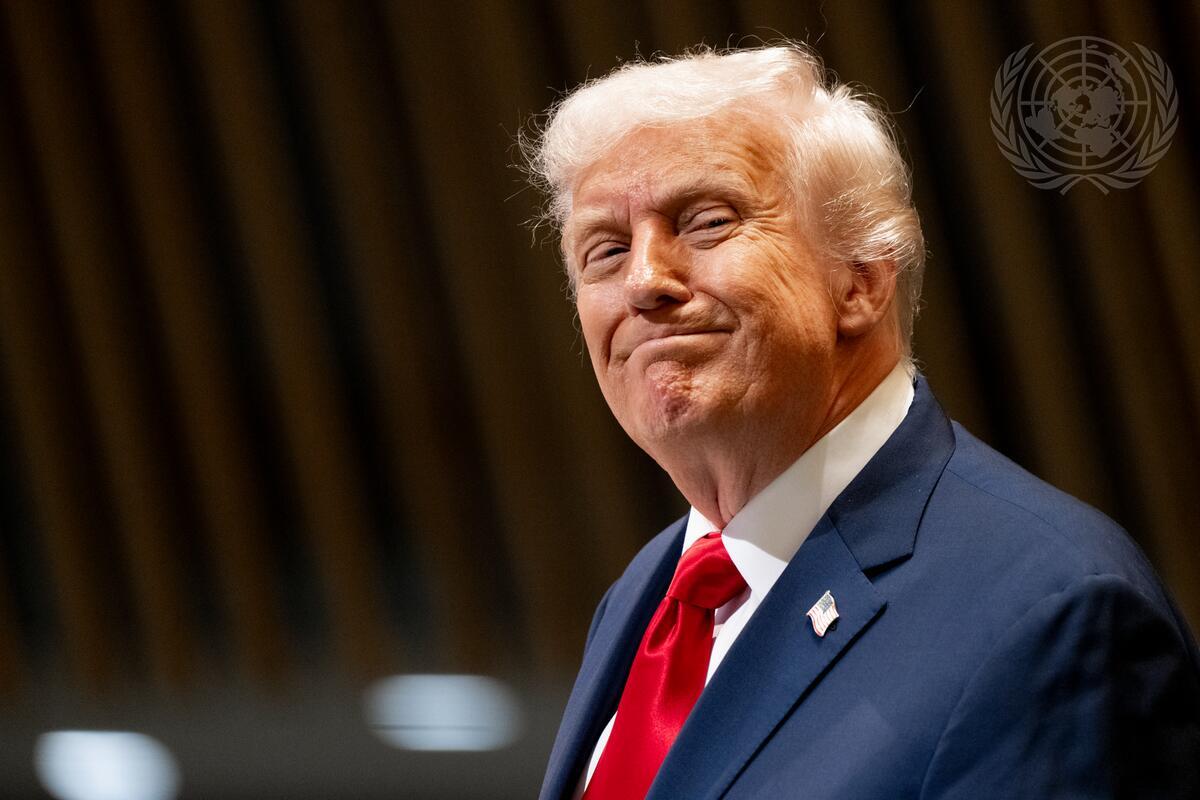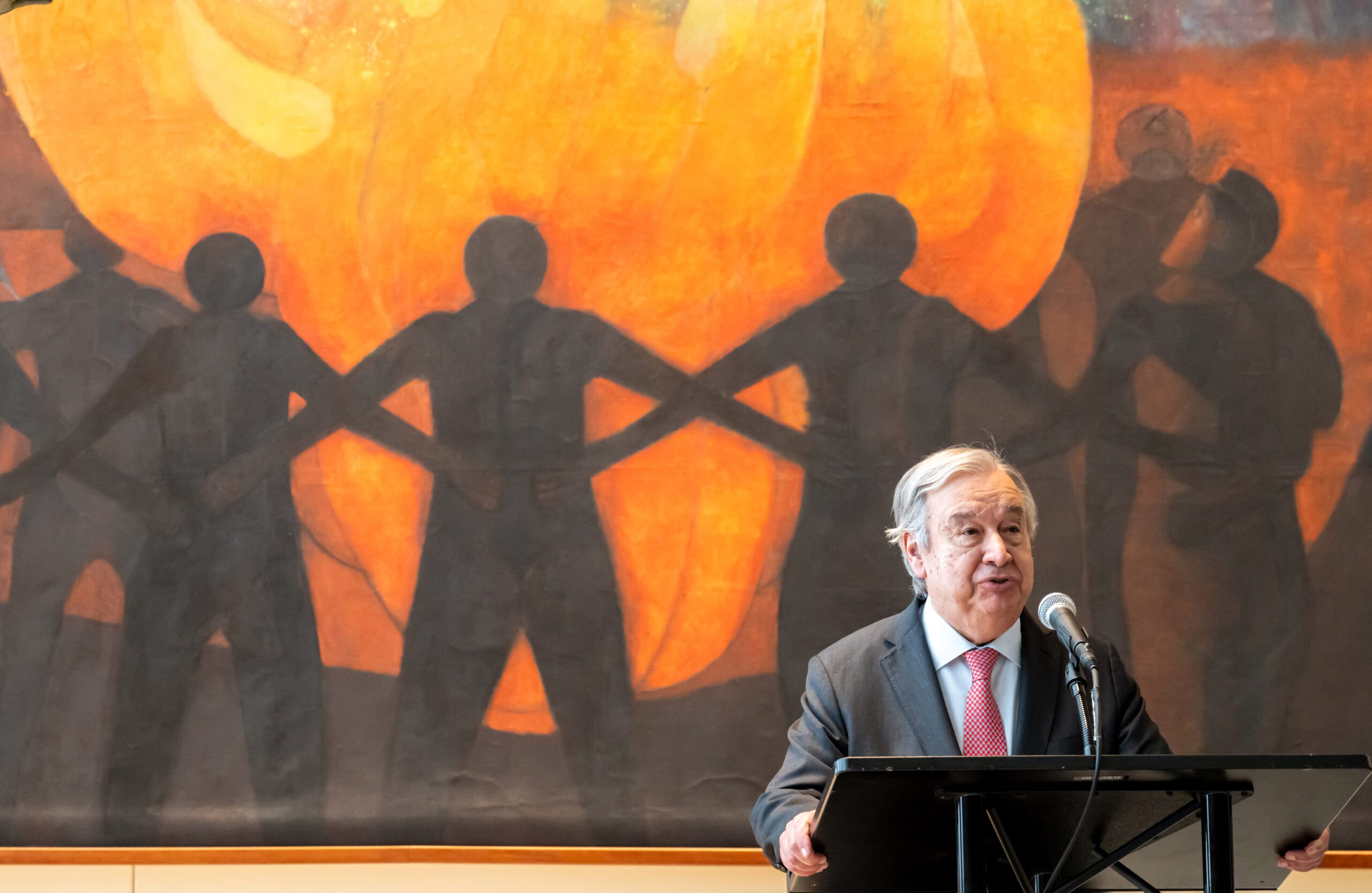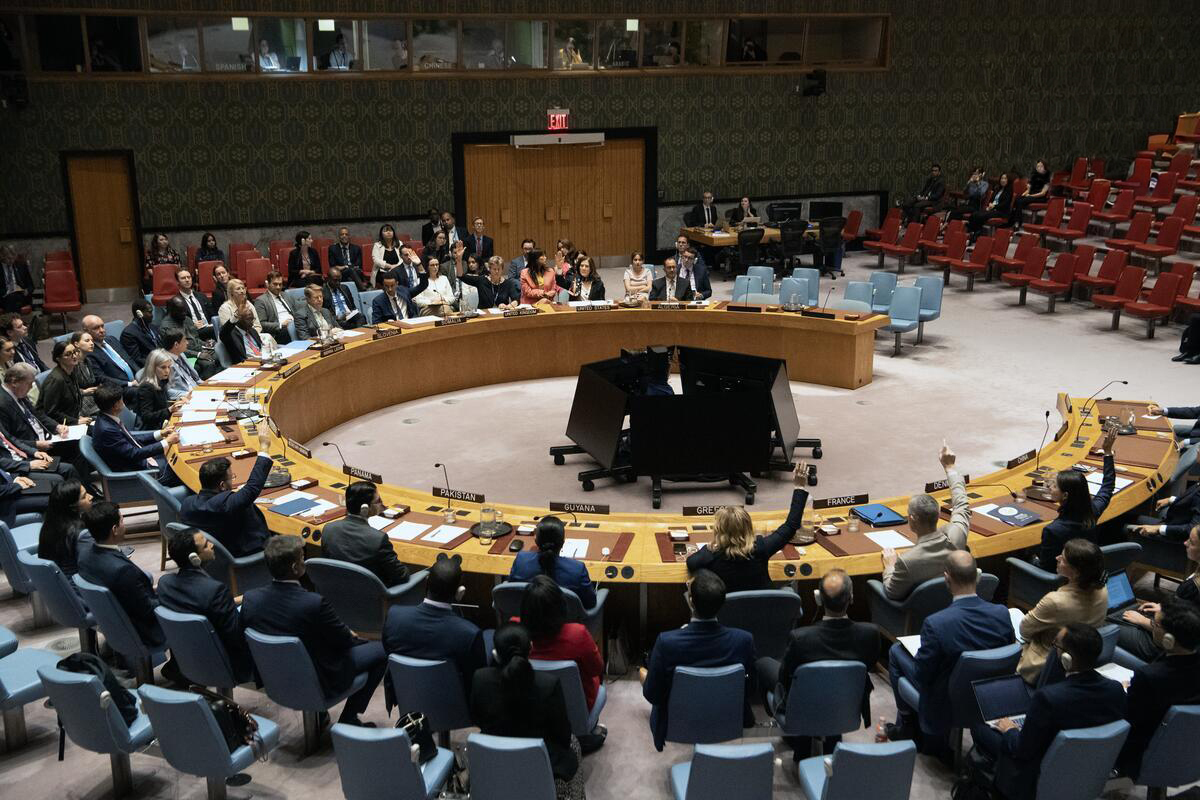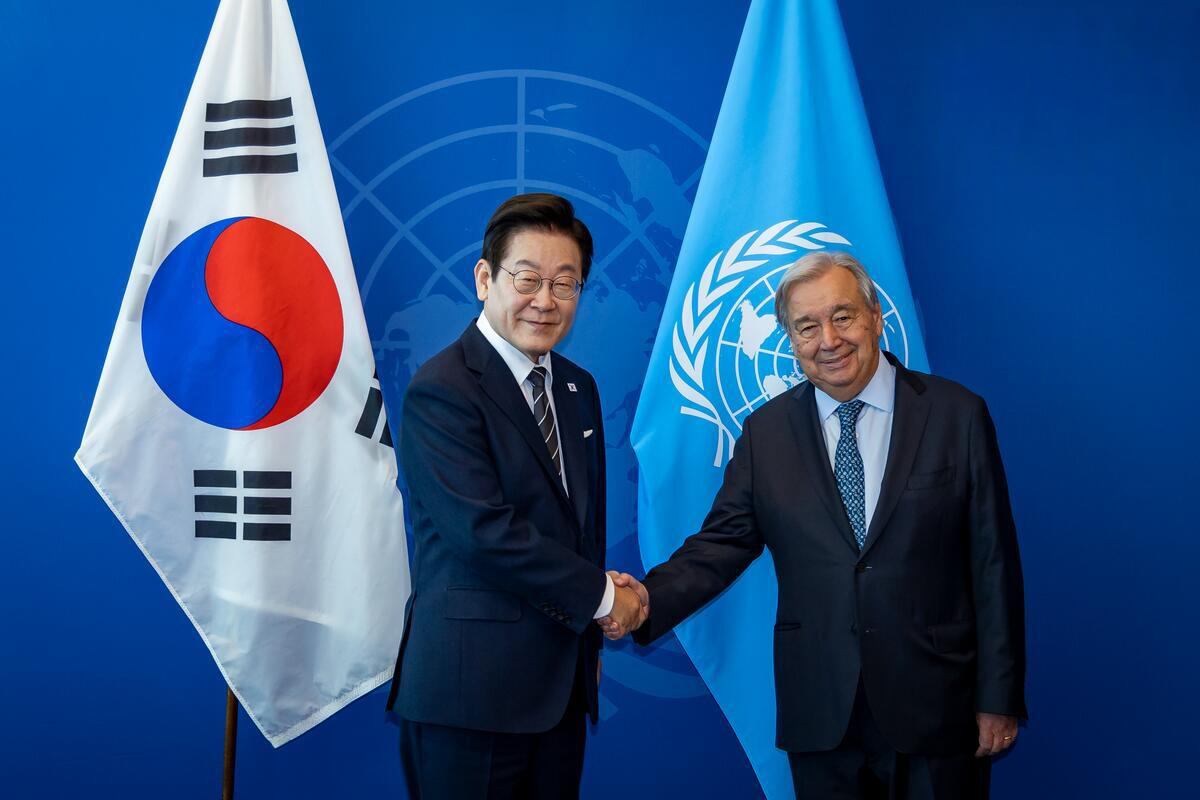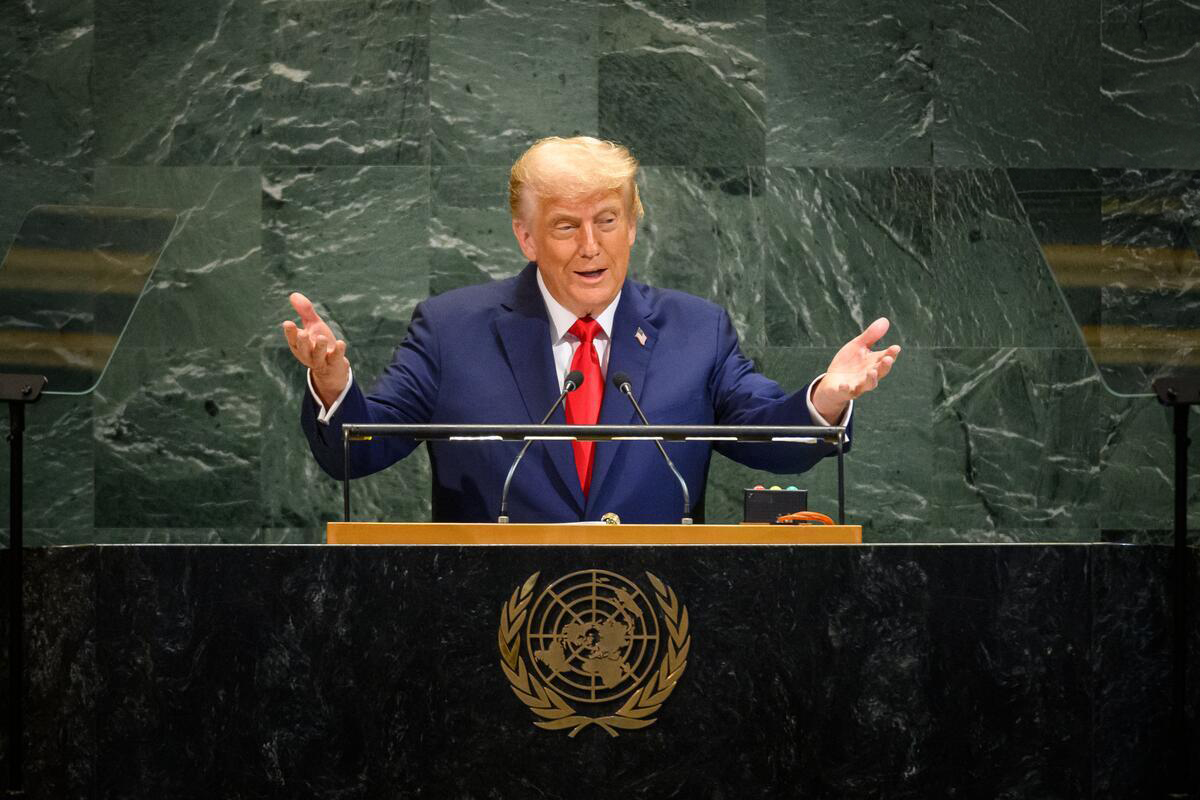The 80th session of the United Nations General Assembly opened with all the pomp and pageantry the annual diplomatic jamboree demands. But beneath the flags, motorcades, and speeches, the week revealed a world at odds with itself — divided by war, shaken by climate breakdown, and uncertain whether the UN, now an octogenarian, still has the credibility to lead.
“We must decide now what kind of world we choose to build together,” UN Secretary-General António Guterres warned in his opening address, urging leaders to stop “sleepwalking toward catastrophe.”
From Gaza to climate, world leaders clashed, collaborated, and confronted the crises shaping our future.
A Stage for Conflict
The Gaza war dominated the General Debate. In one of the most dramatic scenes, Israeli Prime Minister Benjamin Netanyahu told the Assembly: “Israel must finish the job. Palestinian statehood is insane.” His words triggered a mass walkout by more than 50 delegations, underlining the depth of diplomatic fracture.
Western nations including the UK, France, Canada, and Australia used UNGA80 to formally recognize a Palestinian state, a move Netanyahu blasted as “a reward to Hamas.”
President Donald Trump offered his own combustible take: “I will not allow Israel to annex the West Bank.” The line startled observers, marking a break from his earlier tolerance of annexation — but in the same speech, Trump dismissed recognition of Palestine as “a reward for terror.”
Trump address polarizing
As expected, Trump’s address was the most polarizing of the week. He ridiculed climate diplomacy, declaring: “Climate change is the greatest con job ever perpetrated on the world.” He mocked renewable energy as a “bankrupt scam” and lashed out at “open borders” in Europe, calling migration “an invasion that is destroying nations.”
Trump’s combative tone thrilled his domestic supporters. His America-first message played well with right-wing media back home, reinforcing the gap between global consensus and U.S. politics.
Climate Summit: Urgency, but Not Unity
The UN’s High-Level Climate Summit on September 24 was meant to inject momentum ahead of COP30 in Brazil later this year. Leaders from the Global South pressed for action and finance.
“We are running out of road,” Brazilian President Luiz Inácio Lula da Silva said. “If the richest nations do not act now, the poorest will pay with their lives.”
Some countries unveiled new emissions pledges, but analysts warned the commitments still fall far short of the 1.5°C target. The EU failed to agree on an updated collective target before arriving in New York, a stumble critics said weakened its credibility.
Reforming the United Nations
UNGA80 also marked the launch of the “UN80 Initiative,” a package of reforms to cut bureaucracy, sunset outdated mandates, and streamline the UN’s sprawling structure. But civil society groups warned proposed budget cuts could gut human rights programs.
“The risk,” Guterres said bluntly, “is that we hollow out the very core of what makes this organization matter: accountability and the defense of human dignity.”
Top 5 Speeches at UNGA80
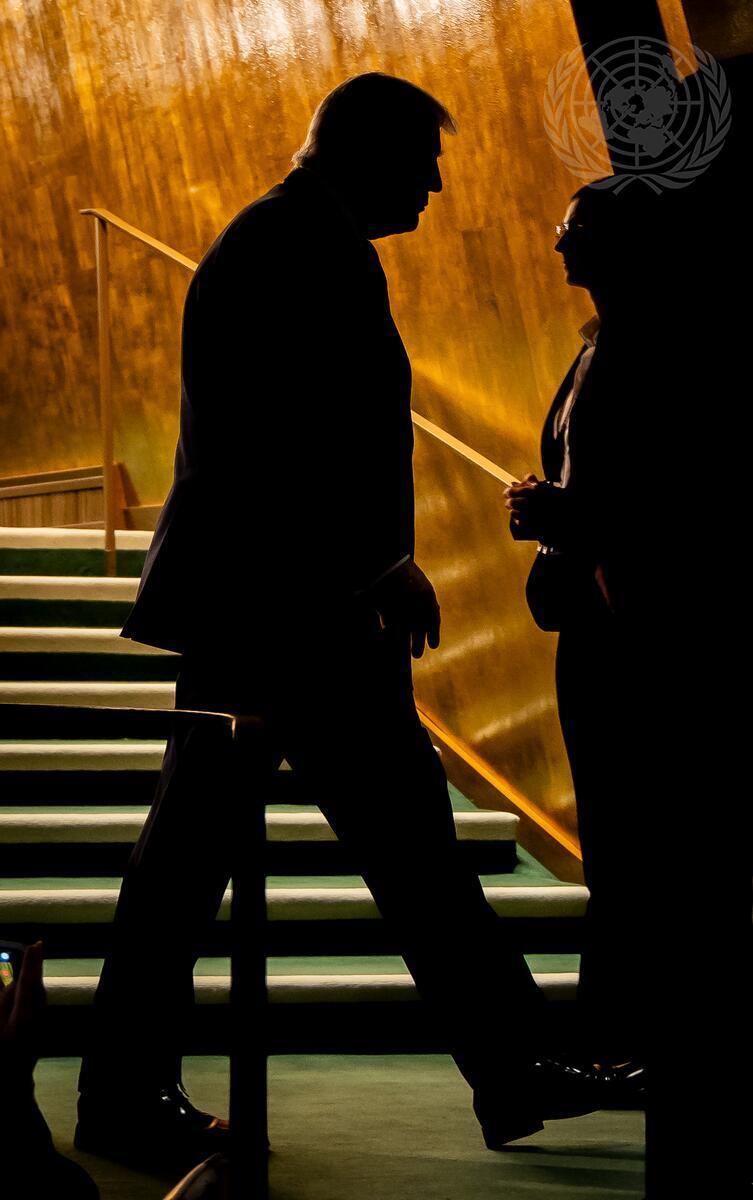
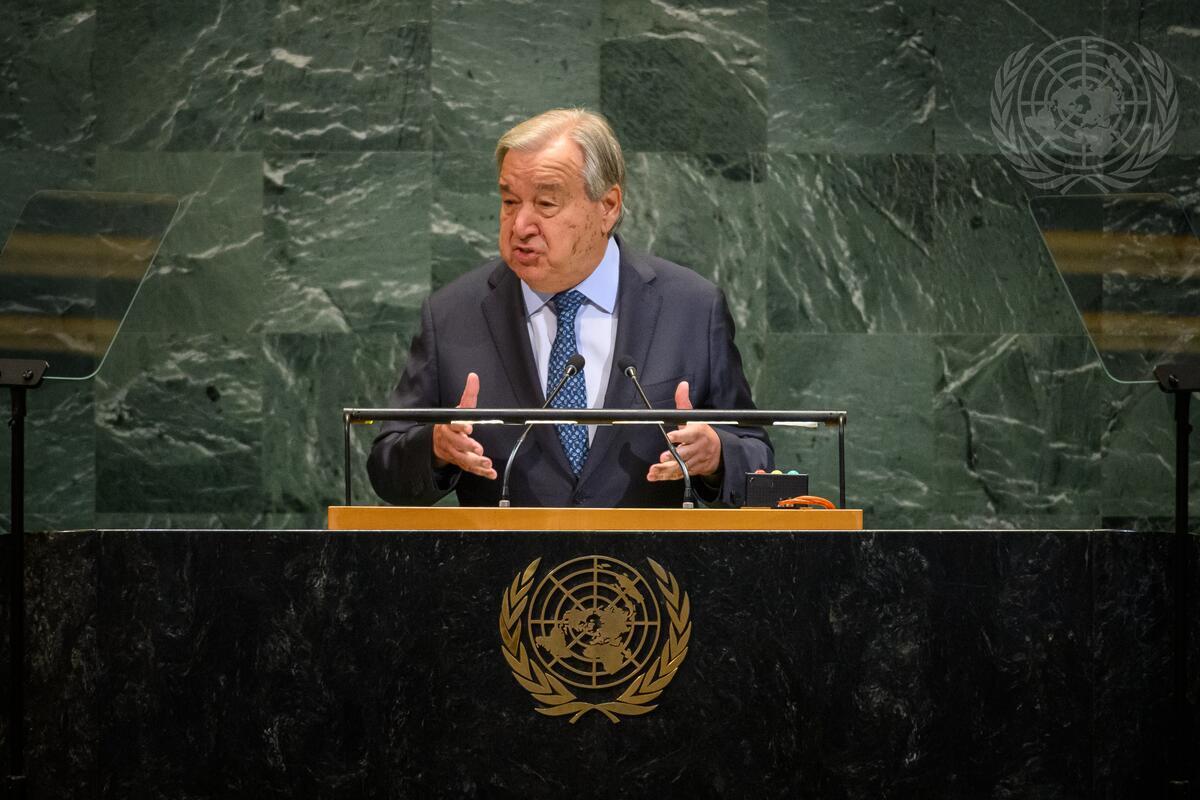
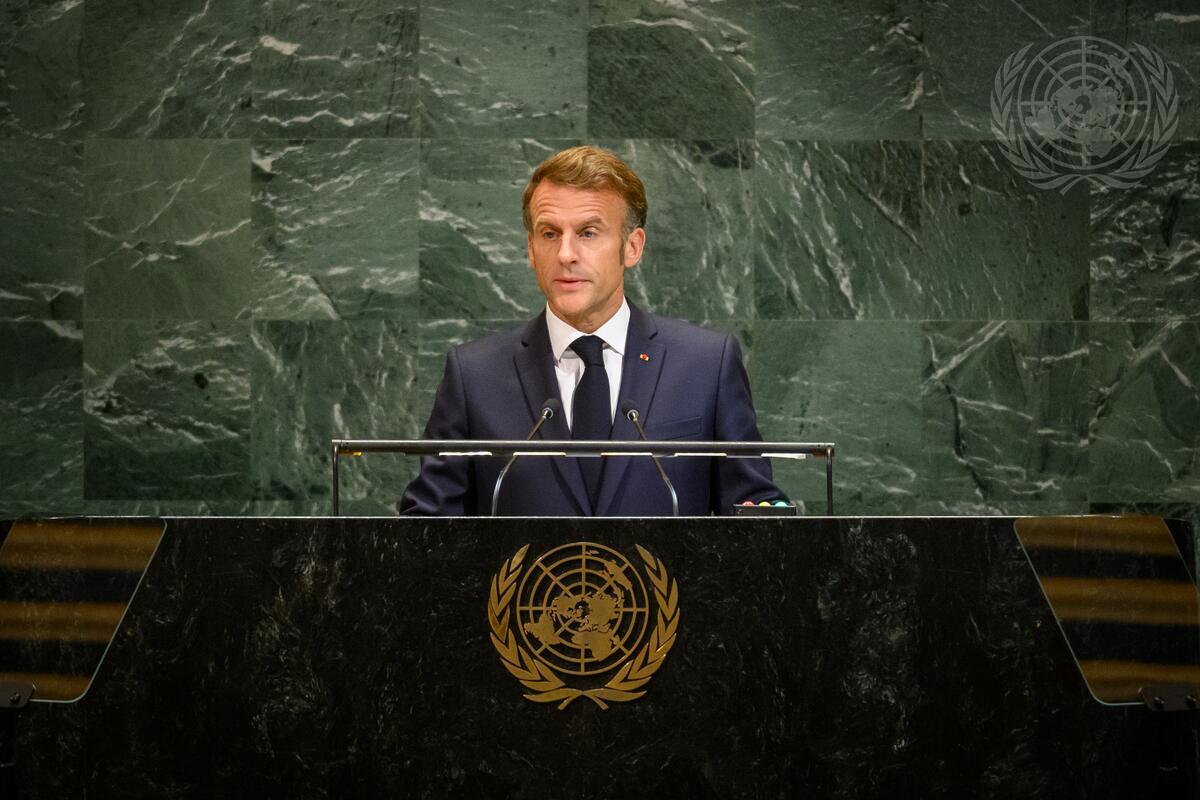
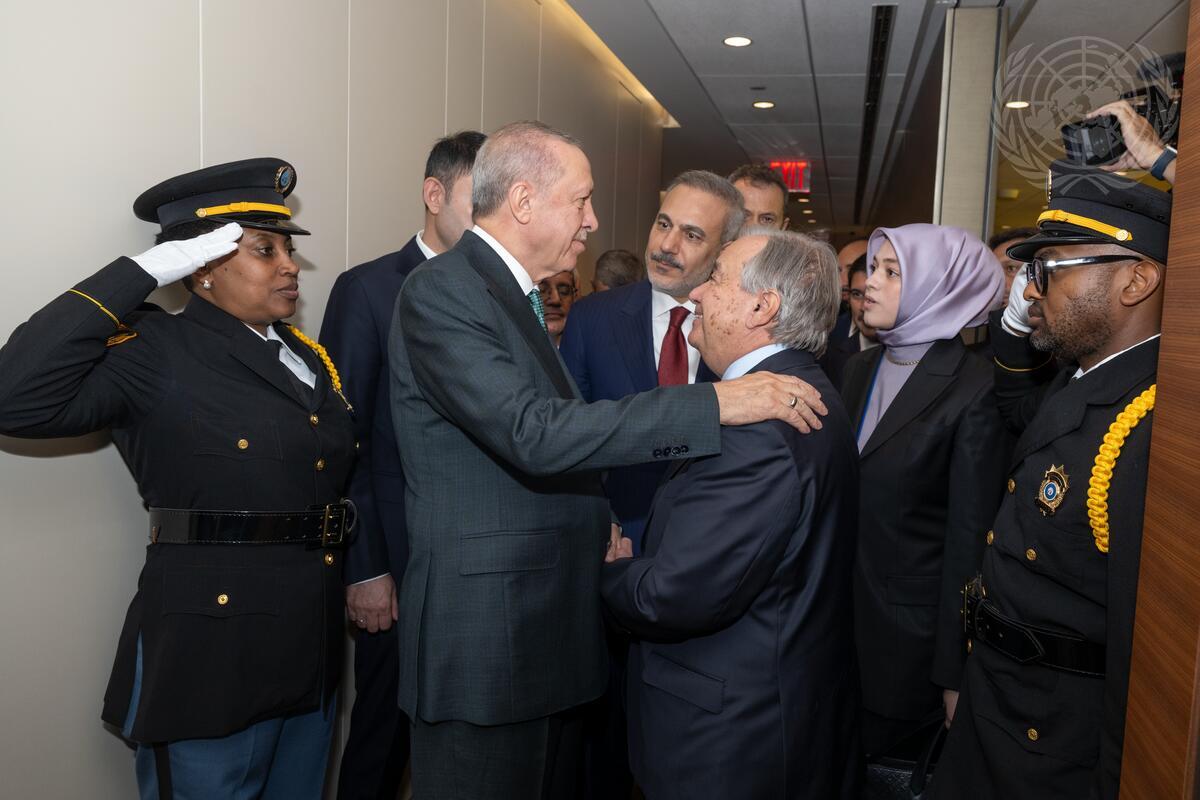

What Comes Next
As UNGA80 closes, the question remains: can the UN stay relevant in a fragmented world? The 2026 budget negotiations and proposed reforms will reveal whether the organization can streamline mandates, protect human rights, and maintain operational effectiveness.
The Gaza conflict and Palestinian statehood debates will demand urgent diplomatic action, while climate commitments must translate into real progress ahead of COP30 in Brazil.
UNGA80 also highlighted the pressures on multilateralism: divergent policies, assertive leaders, and unilateral actions challenge global consensus. The coming months will test whether the UN can act decisively — or risk being sidelined.
UNGA80 takeaway:
Crisis is everywhere
Gaza, Sudan, Ukraine, and Lebanon dominated the headlines, underscoring the persistent gaps between humanitarian need and access.
Leadership matters and divides
Trump’s confrontational tone, Erdoğan’s impassioned Gaza defense, and Guterres’ calls for cooperation highlighted both friction and moral authority.
Innovation meets governance
The launch of the Global Dialogue on AI Governance marks a new frontier for multilateral coordination, with every country now at the table.
Reform is inevitable
UN80 initiatives and budget talks reveal the hard work ahead the UN must modernize while protecting core missions like human rights and peacebuilding.
Bottom line, UNGA80 wasn’t just about speeches; it was a test of relevance. The next year will show whether the UN can act decisively, or risk being sidelined in a fractured world.
The speeches at UNGA80 underscored a world in open disagreement on war, migration, climate, and the UN’s very purpose. What was once a stage for consensus has become a mirror of fracture.

